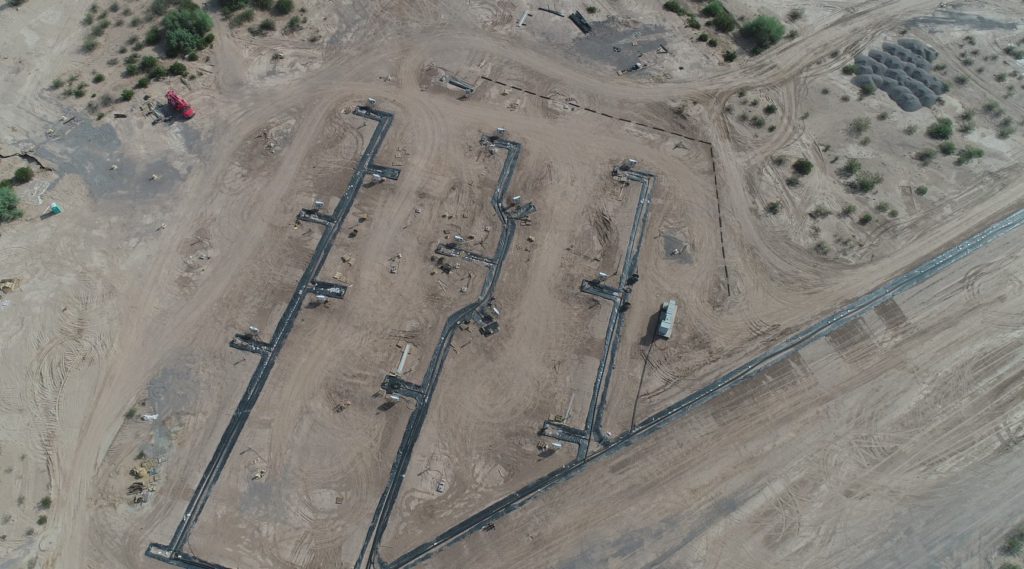Taseko granted draft permit for Florence copper project in Arizona

Canada’s Taseko Mines (TSX, LON: TKO) (NYSE-AM: TGB) has scored a small but key win in the long-dragged out permitting process for its Florence copper project in Arizona as the US Environmental Protection Agency (EPA) has issued a draft underground injection control (UIC) licence for the asset.
“The UIC permit is the final key permit required for the construction and operation of the Florence copper commercial facility,” President and CEO Stuart McDonald said in the statement.
“Our project has gone through extensive scrutiny by both the Arizona Department of Environmental Quality and the EPA over the past eight years and we are confident that the rigorous work completed by both these regulatory bodies will result in permitting success in the coming months,” McDonald said.
The EPA has stated that the public comment period for the draft federal permit will last 45 days, ending on September 29, with a virtual public hearing to be held on September 15.
Shares in the company jumped on the news, trading 11.5% higher in New York at $1.22 a piece by 11 am local time. In Toronto, the stock was up almost 11% to C$1.56 each in late morning trading.
The Vancouver-based miner plans to inject sulfuric acid and water deep underground to extract the already and naturally broken up mineral deposit, a process that some compare to oilfield fracking. Uranium miners in rural parts of Australia and the US have used the method for decades, but in situ leaching has rarely been applied to copper mining.
Worried about potential groundwater contamination, officials in the Town of Florence, Arizona, have tried and failed to block Taseko’s project for almost a decade.
The town gave up last year and the council approved three agreements including a settlement deal with the mine and its owner.
According to Taseko, Florence is one of the least capital-intensive copper production facilities in the world and when fully ramped up will produce 40,000 tonnes of high-quality cathode copper annually for the US domestic market.
The mine is expected to also have the lowest energy and greenhouse gas-intensity (GHG) of any copper producer in North America and will reduce the United States’ reliance on foreign producers for a metal considered to be critical for the transition to a low-carbon economy.
{{ commodity.name }}
{{ post.title }}
{{ post.date }}




2 Comments
Stanley Slawski
The Town of Florence is NOT attempting to block the mine, even though they have raised concerns in the past.
After more than a decade of unsuccessful legal challenges to prevent the construction of an “in-situ” copper mine within the town boundaries, the Florence Town Council agreed to settle the matter and end its court battle.
I spoke directly with a member of the town council who voted to approve the mine, and he told me “I had been against it, but I voted to go ahead.. I was concerned about water quality, but it seems to have been proven we’ll be OK.”
Cecilia Jamasmie
Indeed. the town and the company reached a series of agreements last year.